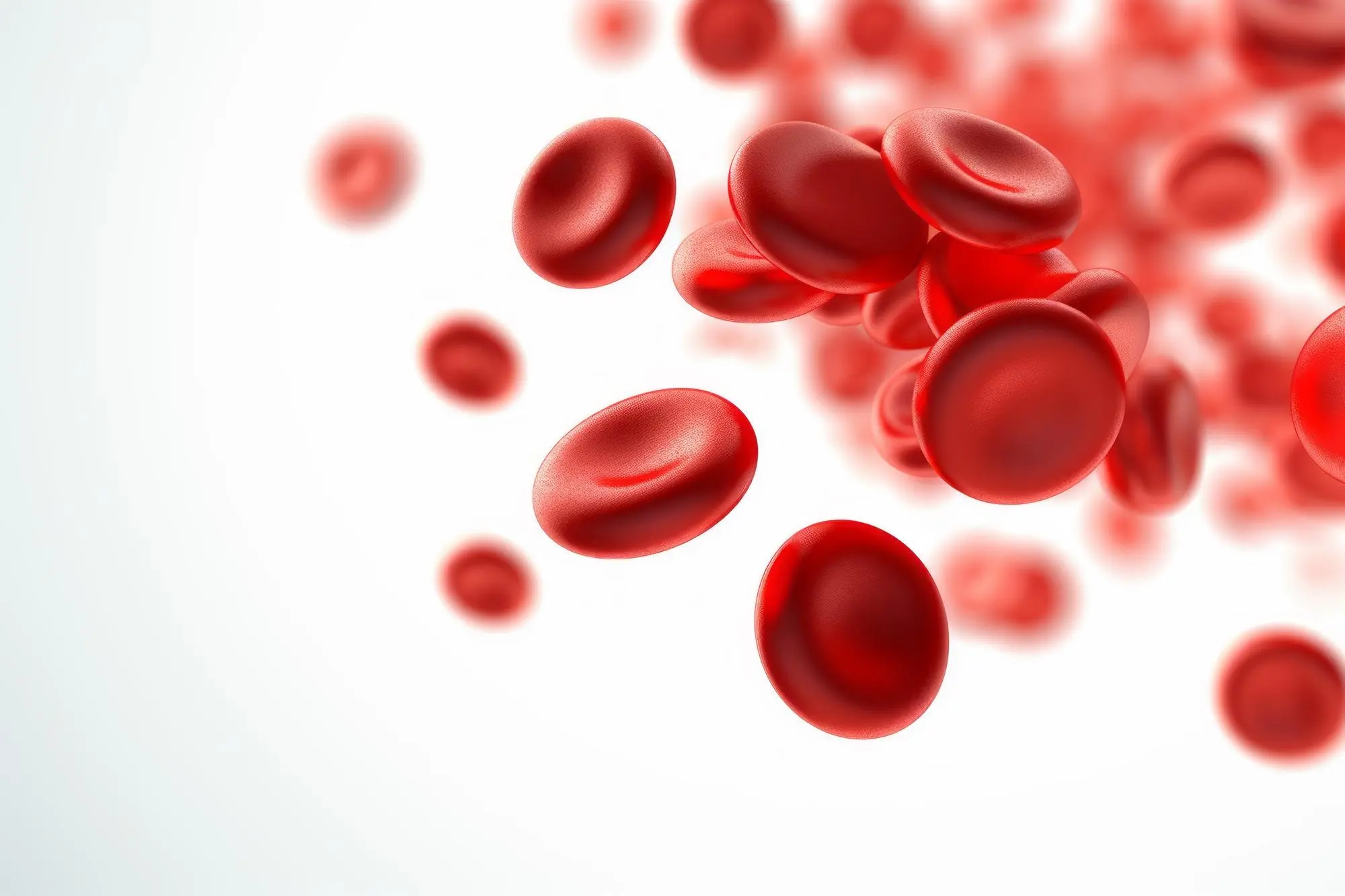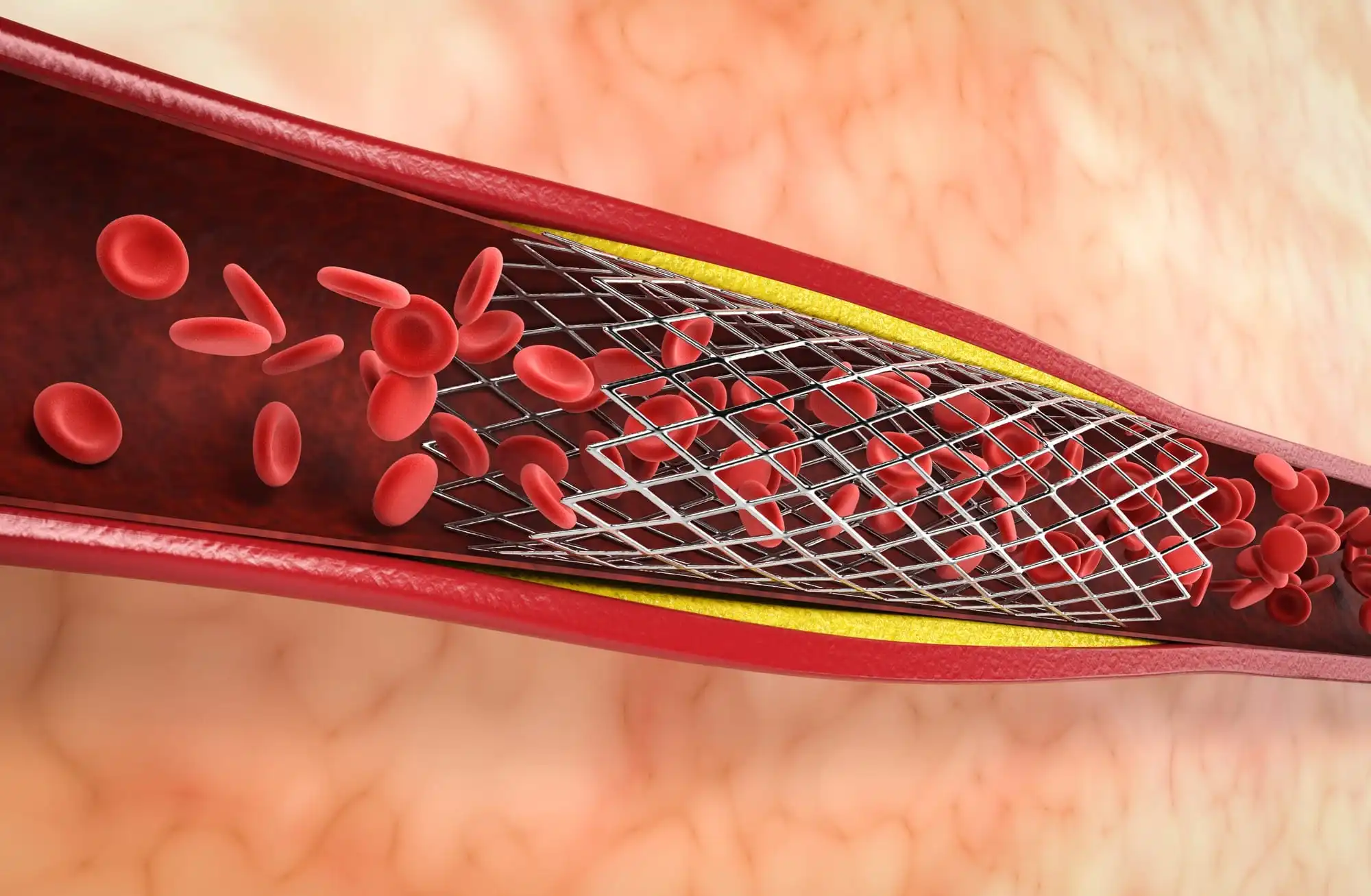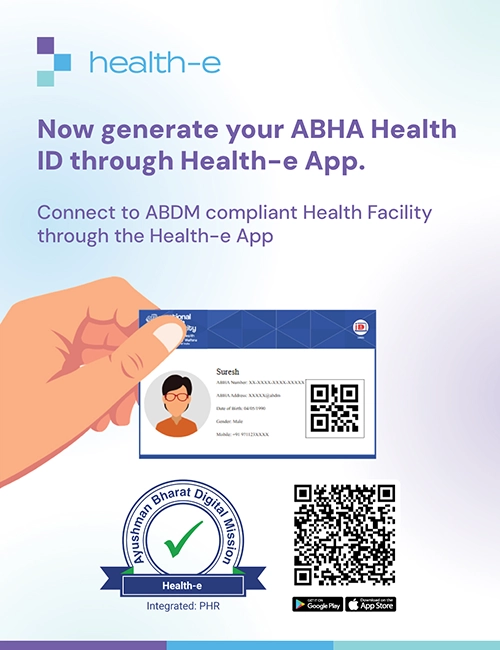Polycystic ovarian syndrome (PCOS) is a common hormonal disorder that affects a significant number of women in their reproductive years. Globally, PCOS impacts anywhere from 4% to 20% of women, which translates to an astonishing 8 to 40 crore women worldwide. In India, the prevalence of PCOS ranges from 3.7% to 22.5%, or 1.3 to 7.9 crore women, as reported by the Indian Fertility Society.
PCOS not only carries physical symptoms but also brings about social, emotional, and psychological challenges, potentially leading to conditions like depression, anxiety, sadness, and loneliness, all of which can significantly impact a woman’s overall health.
This article delves into a specific type of PCOS known as “lean PCOS,” covering its symptoms, diagnosis, and management.
What is Lean PCOS?
Polycystic Ovary Syndrome (PCOS) is a hormonal condition that affects many women of reproductive age. It is characterised by a hormonal imbalance that can cause various symptoms and health concerns.
Lean PCOS is a term used to describe a particular form of PCOS that affects individuals with a body mass index (BMI) less than 25, meaning they are not overweight or obese.
What are the Symptoms of Lean PCOS?
- Menstrual Irregularities: This includes irregular periods, heavy bleeding, or even the absence of periods.
- Acne: Skin issues like acne are common.
- Hirsutism: Excessive, coarse hair growth in areas like the face, thighs, and chest.
- Infertility: Difficulty conceiving due to irregular ovulation.
- Insulin Resistance: This can lead to abnormal blood sugar levels and potentially diabetes.
How to Diagnose Lean PCOS?
Diagnosing lean PCOS follows the same principles as diagnosing other types of PCOS. Typically, the diagnosis is based on high levels of androgens (male hormones) in the blood and menstrual irregularities. Some experts suggest that an ultrasound revealing numerous cysts on the ovaries (polycystic ovaries) can also aid in diagnosis, but this isn’t always required.
Sometimes, other hormone disorders, such as an underactive thyroid or Cushing’s disease, can mimic PCOS symptoms. Your healthcare provider will perform tests to rule out these conditions. Keeping track of your diagnostic reports is essential for better management. Personal Health Record (PHR) Apps like Health-e can simplify this task by allowing you to maintain your medical profile and health records.
Risks Associated with Lean PCOS
- Obesity: Obesity is a prevalent feature of PCOS, impacting around 61% to 76% of patients. Childhood obesity can increase the risk of developing PCOS later in life.
- Insulin Resistance:Insulin resistance is a key factor in PCOS, contributing to various metabolic issues and hormonal imbalances.
- Type II Diabetes:PCOS significantly elevates the risk of developing type 2 diabetes. About one in five women with PCOS will develop this condition.
- Cardiovascular Disease:PCOS patients often show elevated levels of cardiovascular disease markers. However, there’s uncertainty regarding the actual cardiovascular morbidity and mortality rates in PCOS patients.
- Infertility: PCOS can negatively impact fertility due to anovulation (lack of ovulation), accounting for up to 90% of ovulatory disorders.
- Cancer:PCOS increases the risk of endometrial cancer due to factors like obesity, insulin resistance, and anovulation. However, the risk of breast and ovarian cancer remains less clear.
- Psychological Wellbeing: Women with PCOS are more susceptible to psychological issues like depression, anxiety, disordered eating, and reduced self-esteem.
Managing Lean PCOS
- Lifestyle Changes: Lifestyle modifications, including exercise and calorie-restricted diets, are recommended as a first-line treatment. Even a modest weight loss of around 5% can improve menstrual regularity, fertility, insulin levels, and psychological wellbeing.
- Medical Treatment: If lifestyle changes aren’t sufficient, medical treatment may be necessary. Oral contraceptive pills are commonly used to address hyperandrogenism and menstrual irregularities. Metformin, an oral anti-diabetic medication, can help with insulin resistance.
Stay Health-e
Managing PCOS, whether lean or not, requires diligence and organization. A digital health locker like Health-e can be a valuable tool to streamline your healthcare. It helps you keep track of medical records, manage your menstrual cycle, monitor health metrics, and facilitate communication with healthcare providers. With the right tools, you can effectively manage your PCOS and improve your quality of life.
Frequently Asked Questions (FAQs):
1. What Are The Different Types of PCOS?
PCOS can manifest in different ways for different individuals. Typically there are 7 Primary types of PCOS.
2. How is Lean PCOS different from PCOS?
3. Is Lean PCOS a Risk Factor For Diabetes?
Yes, Lean women with PCOS have a 3–10% incidence of undiagnosed diabetes, with a higher risk in obese patients
4. What is The Difference Between PCOD and PCOS?
While both conditions share some similarities, there are several differences between them. The key differentiator between PCOD and PCOS is that PCOS is an endocrinal problem (aka metabolic syndrome), which is more serious in nature than PCOD. PCOD can often be managed just by making informed lifestyle changes, and may not even require further medical treatment at all. However, PCOS requires medical intervention to manage its symptoms and prevent long-term complications





